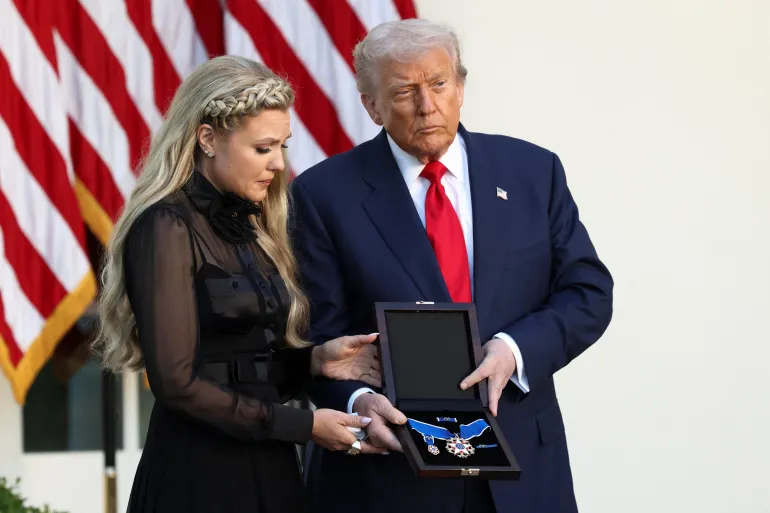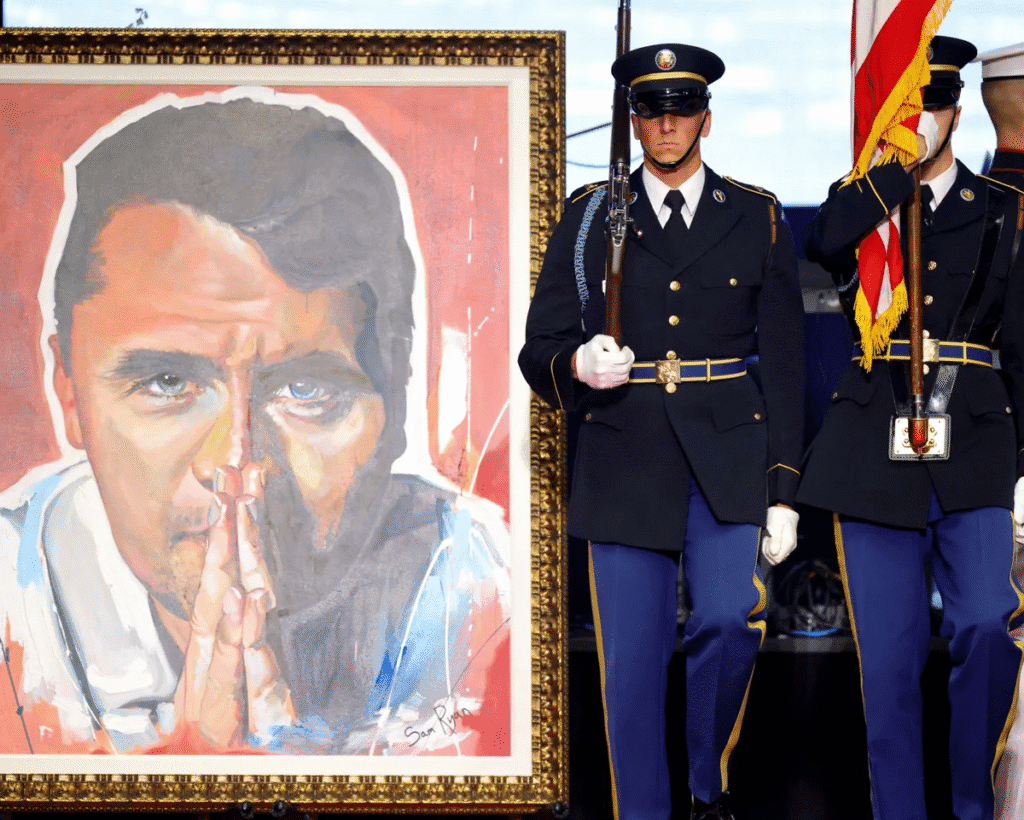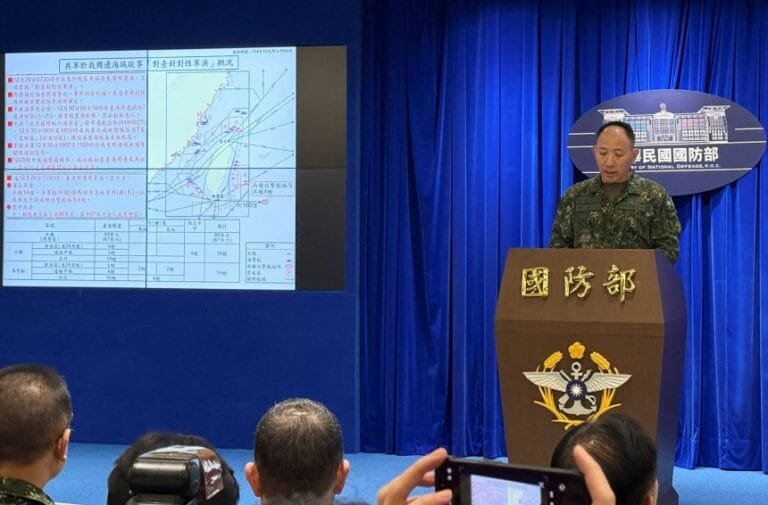
The United States government recently took a very firm action (Charlie Kirk). This action involved visas and political speech. Officials canceled the travel documents, or visas, for six foreign nationals.
This decision came after a political tragedy. Conservative activist Charlie Kirk has assassinated in September 2025. After his death, these six individuals posted harmful comments online. They seemed to celebrate the murder of an American citizen.
The US State Department defended this move. They said the US should not welcome people who support violence against Americans. This event started a massive national debate. It focused on two main topics: the government’s power to watch Social Media Vetting and the limits of Foreigners Free Speech in the US.
The case of the US Visa Revocation Charlie Kirk Posts is a landmark. It shows that digital words can have real and sudden consequences on immigration status. The US is making it clear that it is enforcing strict new rules for all foreign travelers. Charlie Kirk

The Shocking Event and the Response Charlie Kirk
Charlie Kirk was a very well-known and powerful voice in US politics. He founded the group Turning Point USA. This group focused on getting young conservatives involved in elections. Charlie Kirk
When Mr. Kirk has killed at a rally, the nation has shocked. Political leaders and the public reacted strongly. This murder has viewed as a terrible act of political violence. Charlie Kirk
Right after the assassination, officials vowed to take action. They promised to find and punish anyone who celebrated the attack. This promise has aimed directly at people outside the US or those holding temporary US visas. Charlie Kirk
High-ranking officials, including the Secretary of State, made public statements. They stressed that foreigners who glorify hate or violence are not welcome. They asked the public to send in any hateful posts they saw online. This was a clear call for digital enforcement of Visa Rules Social Media monitoring. The administration used this public input to start its investigation. Charlie Kirk
The Visas have Canceled Charlie Kirk
In October 2025, the State Department confirmed the Visa Revocation of six individuals. They were from countries all over the world. These countries included Argentina, Brazil, Germany, Mexico, Paraguay, and South Africa.
The government released details about the online posts. The comments were often extreme and political.
For example, a person from Argentina wrote harsh, hateful words. They claimed Mr. Kirk deserved punishment for spreading what they called “hateful rhetoric.” The government’s response to the post was decisive: “Visa revoked.”
Another person, writing in German, made a political statement. It suggested that when certain political opponents die, it is a good thing. A post from South Africa insulted Americans who were grieving and made light of the tragic event.
The State Department did not just criticize the posts. They used them as proof that these individuals were unworthy of US hospitality. The government focused on the message that the country has a right to choose who enters. This principle has key to understanding US Immigration Law Debate and why the visas have taken away.
The six individuals have not named. It was also unclear what kind of visas they held. However, the result was the same: they lost their right to travel to, or stay in, the United States.

The Legal Power of the US Government Charlie Kirk
Why can the US government take away a visa based on a social media post? The answer lies in US Immigration Law Debate.
A visa has not a right given by the US Constitution. It is a travel permit. It has given at the government’s choice, or discretion. The US Congress and the President have great power to set rules for who can enter the country.
This power has known as Visa Discretionary Power. If the government believes a person will be harmful to the US, they can deny the visa. They can do this for many reasons, not just security threats.
In this case, the government used this broad power. They said the posts were “detrimental to the interests of the United States.” By celebrating an American’s murder, the individuals showed a hostile attitude. The State Department ruled that this attitude was enough to justify the US State Department Power to cancel the visas.
The Difference in Rights
The biggest part of the Immigration Law Debate is the difference between citizens and non-citizens:
- US Citizens: US citizens have very strong protections under the First Amendment. This guarantees Foreigners Free Speech. The government cannot easily punish a citizen for their political words, even if those words are offensive.
- Non-Citizens: People who are not US citizens have fewer rights when it comes to immigration. If a non-citizen is outside the US, their right to enter can be denied for almost any reason. If they have inside the US, their speech has still protected in some ways. However, the government can still use their words to prove they should removed.
The US government used this legal difference. They argued that because the six people have not citizens, their hateful Political Expression Vetting proved they should not allowed to stay.
A Major Shift in Policy and Vetting Charlie Kirk
The US Visa Revocation Charlie Kirk Posts confirmed a big change in US immigration policy. The government has now fully committed to Social Media Vetting.
For years, applicants had to share their social media accounts. This allowed officials to check for things like terrorism or criminal activity.
But the Charlie Kirk case changed the goal. Now, the screening is also about political and ideological views. The government is now checking for “hostile attitudes” toward US citizens and culture. This is a very wide definition.

The State Department’s public call for people to report posts was very important. It turned the public into immigration screeners. This system of constant Social Media Vetting means millions of visa holders are now being watched.
This policy shift creates what is called a “chilling effect.” This means that people are afraid to talk openly.
- Students and Workers: International students and temporary workers fear speaking out. They worry that criticizing US political actions could lead to the loss of their visa.
- Silence: This fear forces people to self-censor. They choose to stay silent instead of discussing politics. This hurts the idea of free discussion and debate in the United States.
The US State Department Power to act so quickly and publicly against the six individuals was a clear warning. It showed that the government intends to use this new standard fiercely.
Visa Discretionary Power
The decision to revoke six visas based on hateful posts about Charlie Kirk is a historic moment. It shows the US government’s tough stance against supporting political violence. The action highlights the extreme power of Visa Discretionary Power in the immigration system.
The core reason for the US Visa Revocation Charlie Kirk Posts was simple. Officials determined that Foreigners Free Speech does not include celebrating the murder of an American citizen.
However, this policy shift has raised major questions about fairness. Critics worry that the expanded Political Expression Vetting leads to political censorship. This policy demands that non-citizens must be very careful about what they say online. The case shows that digital words can now directly control the fate of people seeking to travel to or stay in the US. This new focus on Visa Rules Social Media monitoring will shape immigration policy for years to come.
Read More Articles Click Here. Read Previous Article Click Here.


